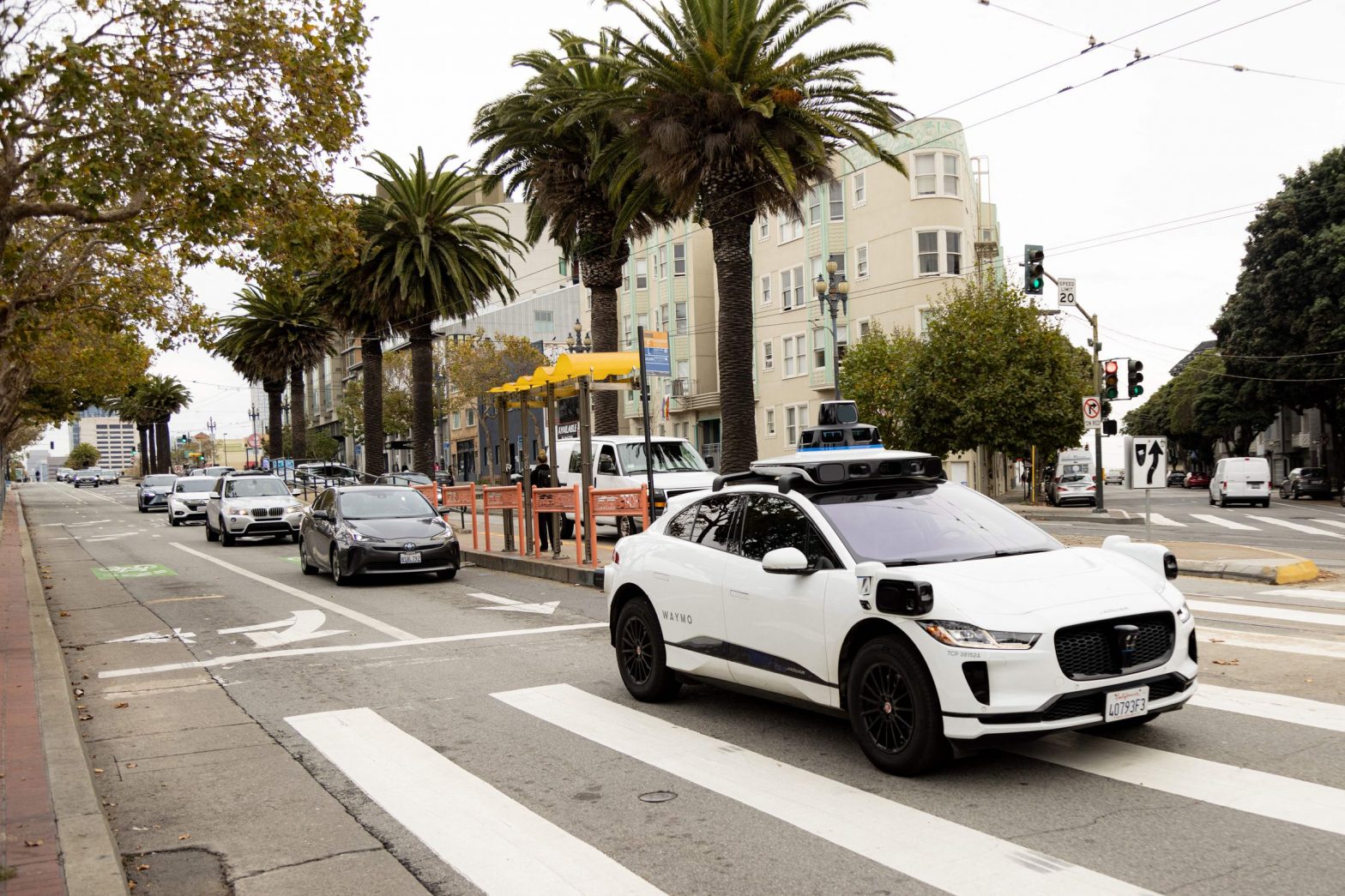/
The California Public Utilities Commission wants more time to review the Alphabet-owned company’s application.
Share this story
:format(webp)/cdn.vox-cdn.com/uploads/chorus_asset/file/25297635/1788130178.jpg)
Waymo’s plan to expand its robotaxi service in Los Angeles and San Francisco has been put on hold by state regulators. The move follows several incidents involving the Alphabet-owned company’s driverless vehicles, including one in which an autonomous Waymo vehicle struck a cyclist, causing minor injuries.
The California Public Utilities Commission (CPUC), which voted in favor of allowing robotaxi companies to operate 24/7 last summer, put a hold on Waymo’s application for expanded service “for further staff review,” according to the agency’s website. The hold is set to expire on June 19th, 2024 — 119 days from today.
The suspension does not affect the company’s ability to operate in its current service area, which includes most of San Francisco, as well as a portion of Los Angeles. But it does give regulators more time to asses Waymo’s plans to grow in the state, especially as local jurisdictions raise concerns about safety.
Last August, San Francisco’s city attorney, as well as several city agencies, including the city and county transit agencies and the planning department, filed a motion requesting the CPUC pause the company’s plans to charge for robotaxi rides in the city at all hours. More recently, San Mateo County submitted a request for more information about Waymo’s plans to expand its service.
David Canepa, vice president of San Mateo County’s Board of Supervisors, claimed that “Waymo has stalled any meaningful discussions on its expansion plans into Silicon Valley,” and that the CPUC “has put the brakes on its application to test robotaxi service virtually unfettered both in San Mateo and Los Angeles counties,” according to a statement provided to TechCrunch.
A spokesperson for Waymo declined to comment.
Earlier this month, a crowd of people smashed a driverless Waymo vehicle’s windows and ultimately set it on fire in an incident that was said to embody the discontent many people in the city have toward the autonomous vehicle operator.
In documents filed with the state, Waymo has cited support from many community groups, including those groups representing disabled individuals that have cheered the development of autonomous vehicles.
